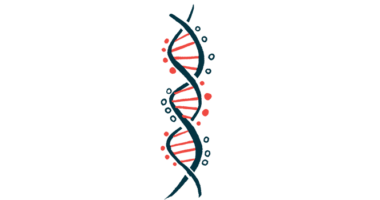HAE International Translates Printable Emergency Card into 34 Languages

HAE International, a global nonprofit that supports local hereditary angioedema (HAE) patient groups and organizations, has expanded their emergency card template to a total of 34 languages — and plans to add more in the future.
The emergency cards are a means for patients to quickly and clearly communicate information about their medical condition during an attack, as well as the steps required for treatment.
“The Emergency Card can be a quick and effective way to let healthcare professionals know that you have a diagnosis of HAE when you arrive at a hospital or care center, and the treatment that should be considered,” Henrik Balle Boysen, executive vice president and chief operating officer of HAE International, said in a press release.
The card is also designed to include necessary personal information, such as emergency contacts and the patient’s specialized treatment center.
Interested patients can download an emergency card in any of the languages offered from the HAE International website. The cards are designed to be printed, and then cut out and folded in half to fit inside a wallet.
By translating the card into other languages, HAE International’s goal is to support HAE patients in countries all around the world. The full list of languages includes English, Arabic, Chinese, Greek, Spanish, and Latvian.
Part of the motivation for translating the card into other languages stems from HAE International’s mission to act as the global umbrella organization for local HAE patient groups, providing necessary resources and updated information to support patients internationally.
HAE International represents patient groups and national organizations in 92 countries and has points of contacts, such as physicians or hospitals, in several more.
The emergency card is in use by HAE advocacy organizations worldwide, and the template provided can be adapted to be used in any country.
“If you are a member organization and have designed your own emergency card that could be displayed on the HAE International website, or if you would like help from us in adapting a card, please contact me,” said Deborah Corcoran, the chief specialist projects and research at HAE International. Those interested can email Corcoran at [email protected].






